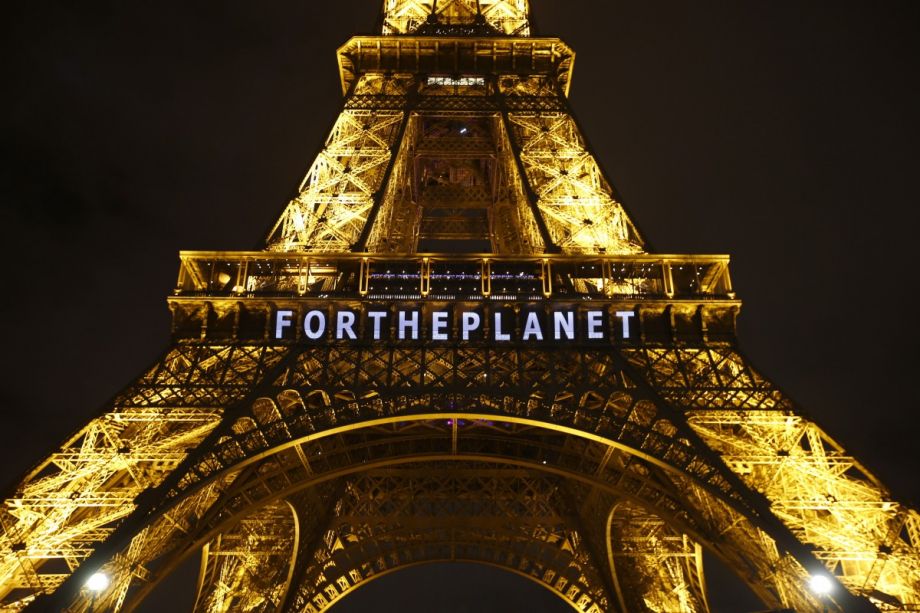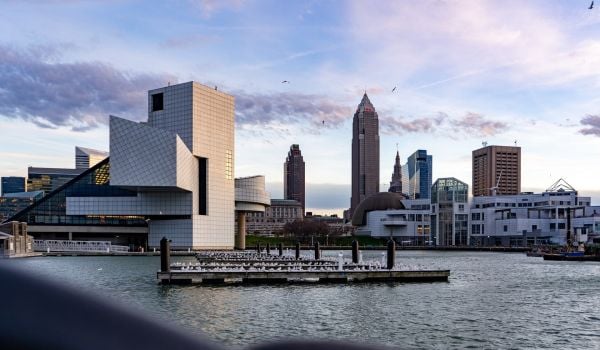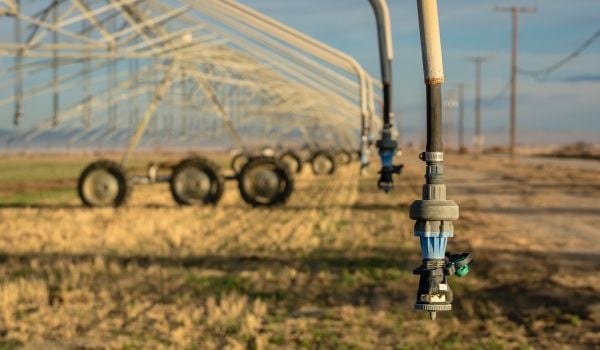As images of preventable harm — out-of-scale floods, droughts, heatwaves and subsequent displacement — rightfully capture our attention, countermeasures are being deployed to mitigate and adapt to global warming. Yes, some national governments, including the U.S., are retreating from action on climate protection. However, delegations from across the world are currently making plans to travel to Bonn, Germany, in November for an important UN conference about climate change. There, local governments and community organizations must have a voice as rules are set for implementing climate plans.
Local governments and community organizations are stepping up to carry out U.S. commitments established in the Paris climate agreement in 2015, and throwing a life preserver to our shorelines, our crops and our communities. What local governments and community organizations lack in economies of scale, they make up for in nimbleness and knowledge of the local terrain. But, our best chance to minimize climate change impacts is by combining large-scale, robust national climate action along with a plethora of local greenhouse gas mitigation efforts. This hopeful message and approach needs an urgent hearing at the November gathering (officially the 23rd Conference of Parties of the United Nations Framework Convention on Climate Change, or COP23).
350.org and ICLEI - Local Governments for Sustainability are bringing a U.S. People’s Delegation to attend COP23. Together this group of local government and community organization representatives will provide a much-needed perspective on how to fulfill the commitments already made, and new commitments to be made by national governments, corporations and nongovernmental organizations.
As a member of that delegation, I plan to share the city of Urbana, Illinois’ story — how we’ve implemented lean and nimble climate mitigation and adaptation activities and continue to urge steadfast national government action.
As the environmental sustainability manager for Urbana, I’m fortunate to work on a variety of projects in collaboration with many sectors of our community. I’ve worked with commercial building owners and managers on an Energy Star Challenge to benchmark, track and reduce energy use in their facilities. I’ve also worked with neighborhoods and faith groups to create “Low Carbon Diet” teams who collaborated to reduce the carbon intensity of their homes and lifestyles. I developed a partnership with the Midwest Renewable Energy Association to run a group solar-buying program, which installed 81 solar arrays at homes and businesses throughout the county in 2016.
These Urbana projects all share the characteristics of little capital investment, short lead times to implementation and nimble programmatic adjustment throughout. Presently, the city is working on a $1 million guaranteed energy savings project, making plans for a large-scale solar development on a closed landfill, and building support for what could be the Illinois’ first Property Assessed Clean Energy district.
Urbana is also undertaking a number of activities to adapt to the climate change impacts that we can no longer halt. The city is shoring up its gray stormwater infrastructure and exploring cost-effective green infrastructure opportunities. On city-owned property, we’re installing plants that will provide food and shelter for monarch butterflies and other pollinator insects responsible for much food crop pollination. While we increase the habitat for pollinators in our city, we are also working to reduce the amount of potentially harmful chemicals used in our urban landscaping through a public education program called Midwest Grows Green.
Efforts like these show that local governments and community organizations are uniquely positioned to take on climate change. But we still need the large-scale impact that only the U.S. government can bring to bear on climate mitigation. The People’s Delegation will bring this vision to the next round of United Nations climate talks. We expect nations to hear our message and start getting things done on the scale and timeframe we need to secure a hopeful future for our communities and the planet.
You can support the People’s Delegation to COP23 here.
Scott Tess is the environmental sustainability manager of Urbana, Illinois.
















